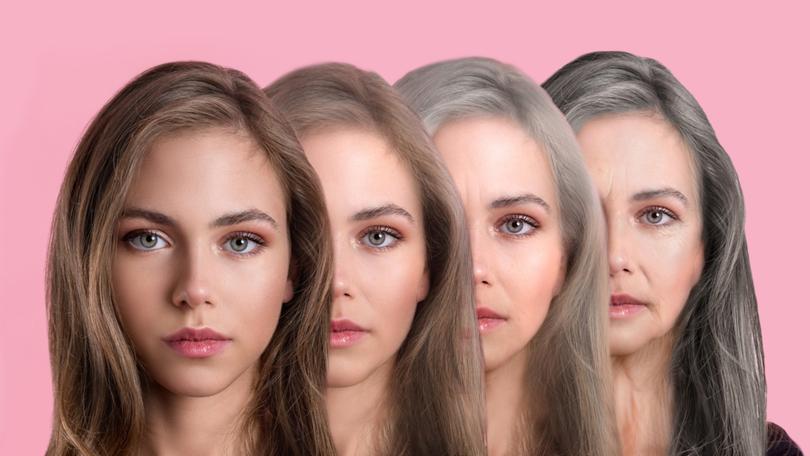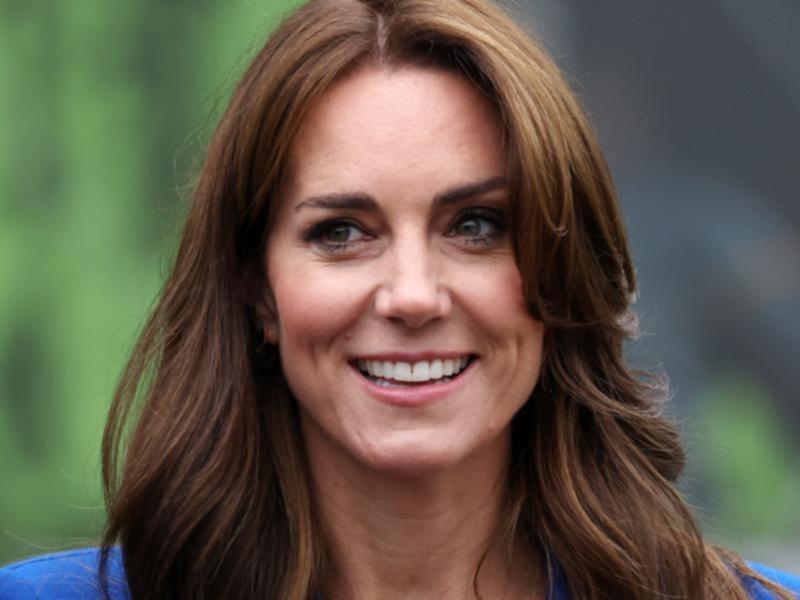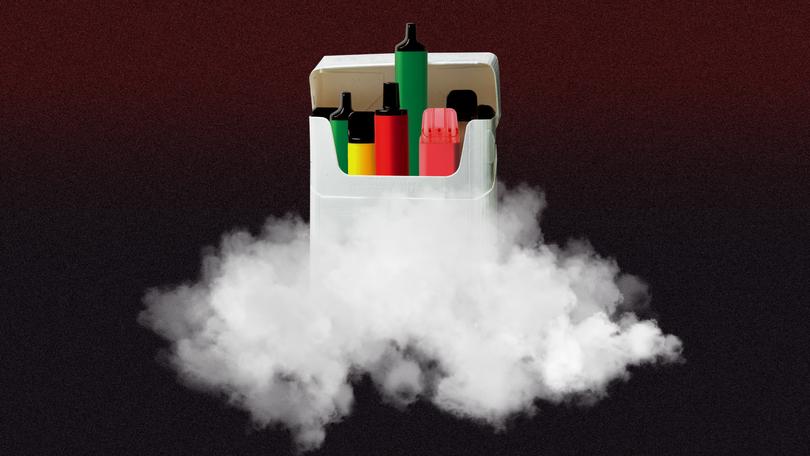Health experts say Generation Z are ageing faster than they should. Here’s why
Social media is buzzing with claims that twentysomethings look much older than their years. But is it true?

It’s a complaint that has gone viral on social media: Generation Z, it is claimed, are ‘ageing like milk’.
In posts viewed millions of times on the video-sharing app TikTok, the eye-catching theory is that a generation of young adults, all under the age of 27, already look older than the generation before them, Millennials (born between 1981 and 1996).
One of the first to notice was influencer Jordan Howlett who aged just 26, confessed to his 12 million followers that he was routinely mistaken for his mother’s older brother
Sign up to The Nightly's newsletters.
Get the first look at the digital newspaper, curated daily stories and breaking headlines delivered to your inbox.
By continuing you agree to our Terms and Privacy Policy.“We live in a time when Millennials look way younger for their age, while Gen Z looks older,’ he said in a TikTok video. “I’m Gen Z and no one ever believes me. It is mainly because of the stress.”
It sounds, admittedly, like vanity. But last week, scientists appeared to suggest there may be at least some truth in what has, until now, been an entertaining theory.
Research published at an international cancer conference revealed that young people diagnosed with certain types of cancer — especially lung, gastrointestinal and uterine cancers — were more likely to have evidence of what the researchers described as “accelerated ageing”. Put simply, the age of the cells in their bodies — known as their biological age — was significantly greater than their actual age.
This is an emerging area of science and reflects wear and tear on the body from things such as lifestyle, diet, environment and stress. Intriguingly, the US researchers involved in the study said there was “strong evidence” that the risk of accelerated ageing, and therefore of developing cancer, increased with each successive generation born after 1965.
And that may mean Gen Z — those born between 1997 and 2012 who are becoming young adults today — are at a far greater risk of developing potentially deadly diseases such as cancer at a much earlier stage than their parents or grandparents.
Could Gen Z be ageing faster than previous generations?
Ilaria Bellantuono, co-director of the Healthy Lifespan Institute at the University of Sheffield in the UK, is one of many who believe it’s at least plausible.
“We are seeing more disease in younger people, the kinds of diseases we might normally expect to be developing in older adults,” the professor says.
“And biological ageing is a risk factor for those diseases. In the same way that smokers increase their risk of lung cancer, so too does accelerated ageing increase the risk of developing multiple long-term chronic conditions.”
Certainly, in terms of cancer, diagnoses were once rarely seen in the under-50s.
But today, scientists have become troubled by a growing epidemic of early-onset tumours in populations around the world.
The Princess of Wales, who revealed her own diagnosis of cancer at the age of 42, is one of them.

The statistics are stark: between the early 1990s and 2018, cancer among 25 to 49-year-olds in the UK increased by 22 per cent — a bigger shift than any other age group.
It has been attributed to a complex interaction between genetics, lifestyle, diet and environmental factors. But the latest study from the US adds compelling further detail.
An investigation led by epidemiologist Shuji Ogino, from Harvard University, noted cancer rates have been steadily rising since the mid-20th century.
“Since 1950, we found that each successive generation has a higher risk of early-onset cancer,” he said.
In young, healthy people, cells can usually repair and renew themselves. But as they age — either naturally or prematurely — this process can become dysfunctional.
Cells can accumulate damage that they are unable to repair, and turn into ”‘zombie cells” which can drive inflammation and the development of disease.
Puberty has been getting earlier, particularly in girls, by three months every decade. The average age for a girl is 11 today, more than a year earlier than 40 years ago.
It is linked to a higher risk of depression, anxiety and sub\u0002stance abuse, and may also increase the risk of breast or uterine cancer in adulthood. Girls who start their periods early are also more likely to be obese and suffer cardiovascular disease.
While no one knows for sure what’s driving it, there are clues. One of them is diet.
There is also evidence that successive generations of obese people may be “pre-programming” children’s genes so they are more likely to develop diseases earlier
“How your parents lived will certainly affect your health,’ says geneticist Professor Lene Juel Rasmussen, director of the Centre for Healthy Ageing at the University of Copenhagen.
“The more damaged DNA you inherit, the more damage you will carry. It might contribute to the onset of cancer five years earlier. But what will drive it further is your own lifestyle, and what you’re exposed to.”
But there are some problems that Gen Z can’t blame their parents for.
An epidemic of vaping may well be driving at least some of the premature ageing. While it’s safer than smoking, nicotine has been linked to the breakdown of collagen, a protein that keeps the skin firm and plump, which can accelerate fine lines and wrinkles forming.

Loneliness, too, could contribute. Gen Z has been described as the ‘loneliest generation’ with more time spent online. Around 73 per cent say they feel alone sometimes or always.
The US Surgeon General, Dr Vivek Murthy, says persistent loneliness can be as damaging as smoking 15 cigarettes a day – and those who are socially isolated have a 32 per cent increased risk of an early death.
“If you’re lonely, you may be less likely to exercise or eat well,” says Professor Rasmussen.
But Professor Bellantuono is working on drugs that may, one day, be able to decelerate ageing.
The drugs, called senolytics, could be given like statins “to prevent multiple conditions at the same time”, she says. “The drugs purge the body of ageing ‘zombie’ cells which drive damage and inflammation. If you don’t give them too late, and there is still regenerative capacity in the tissues, once you kill those cells the tissue will regenerate a bit and you’ll regain a bit of life.”
For Gen Z, at least, they might offer up a flicker of hope.
